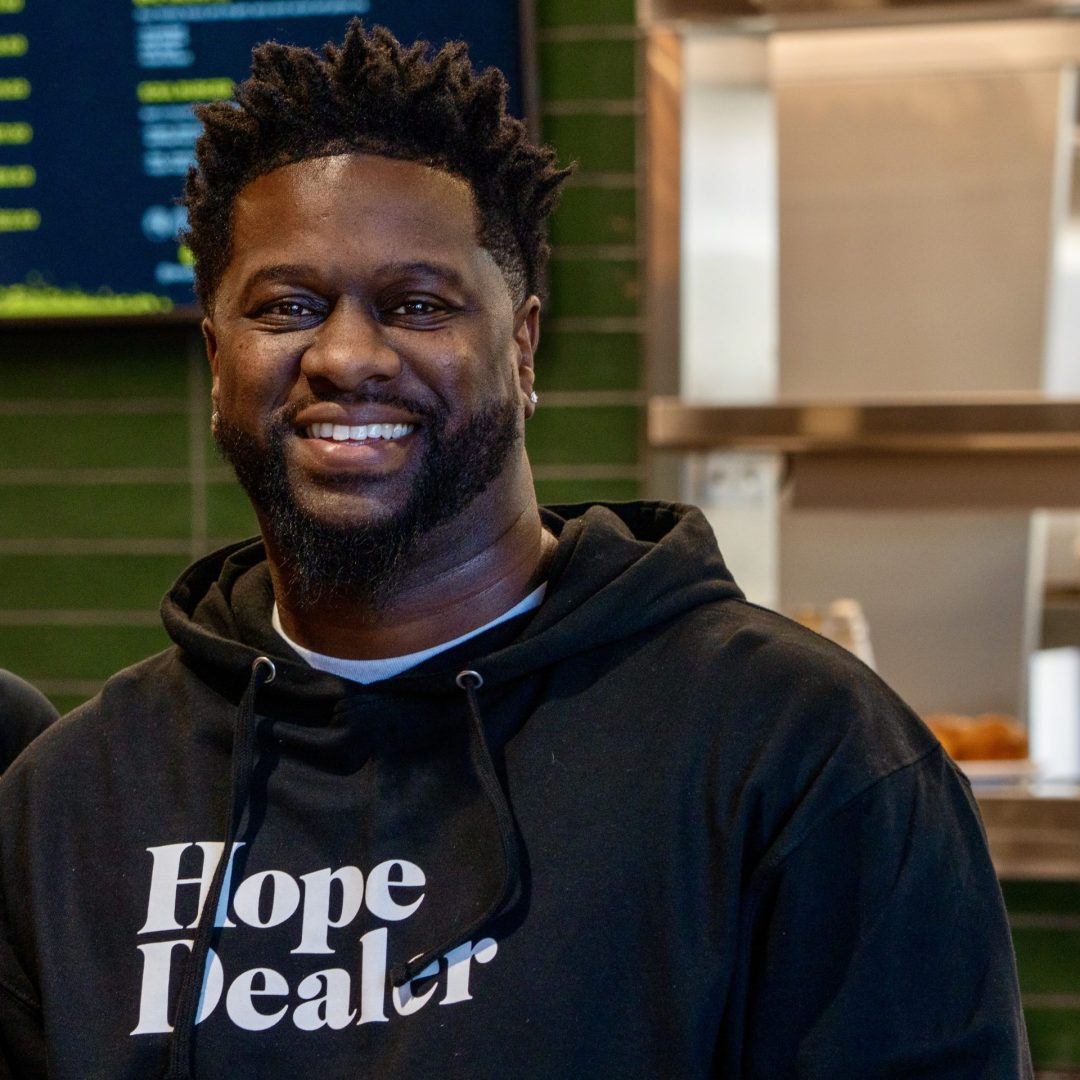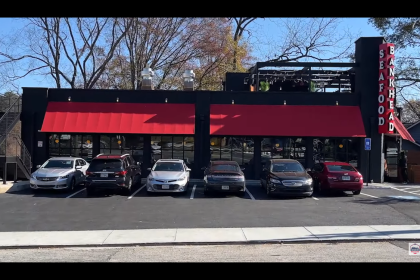Chef Gerard Klass transforms traditional soul food into vibrant, health-conscious dishes at Soul Bowl. His innovative approach bridges childhood memories with contemporary culinary techniques. The restaurateur’s commitment to healthier preparations and incorporating plant-based alternatives has earned him acclaim in the Twin Cities dining scene, where his creative vision proves that soul food can be both nourishing and indulgent.
Klass recently spoke with rolling out about his restaurant.
Your journey from pop-up to a permanent location at V3 Sports is fascinating. What were the most significant challenges and unexpected rewards of making that transition? Leaving a successful corporate career. I had been at the restaurant group for 10 years at that time, and it was comfortable, so to make that transition, I had to take a financial risk to bet on this concept. Being a Black-owned business, financing is always a thing for most of us.
Your menu reimagines soul food classics with a modern twist. How do your childhood memories of traditional soul food influence your creative process when developing new dishes at Soul Bowl? Experiencing soul food, whether with my mom, my grandparents, or aunts and uncles, was a satisfying experience that resounded with joy and happiness.
You’ve made traditionally heavier soul food dishes healthier without sacrificing flavor. What specific techniques or ingredient substitutions do you use to achieve this balance? I grew up vegetarian and experienced soul food without all the traditional proteins. I can cater to people from different dietary backgrounds and remove any barriers to entry for folks wanting to experience soul food.
Your dishes’ visual presentation garners attention on social media. How do you approach plating to make food traditionally served family-style soul food work in an individual bowl format? My mom said people eat with their eyes first. We took this opportunity to use some of the skills from our corporate careers and figure out how to garnish things and make things visually appealing.
Minneapolis’s food scene has grown significantly over the past decade. How does Soul Bowl’s presence contribute to the city’s culinary diversity, and what unique perspective do you bring to the market? We have been able to make our stamp and bring soul food into arenas where it hasn’t traditionally been, whether it’s a state fair or sporting event. We even had a location in Richfield and the suburbs for a little while.
Many soul food restaurants are deeply rooted in family traditions. How have you balanced honoring these traditions while creating your own distinct culinary identity at Soul Bowl? Many of our recipes are based on those that my wife and I learned from family members growing up.
So, many soul food restaurants in Minneapolis have come and gone. What challenges and opportunities have you encountered? We want to be a community relational brand, so we have done our work to get feedback from our customer base and see what they’re looking for. Restaurants can sometimes present something to a community and not know if it’s what they want or need. Over the years, social media, surveys, and pop-ups have given us an excellent leg up in the game.
As a chef and business owner, what advice would you give to other culinary entrepreneurs who want to transition from pop-ups to permanent locations? Culinary entrepreneurs can be enamored with the celebrity chef parts, but you must love business. You have to love the numbers as much as you love the creativity. You have to love serving people intentionally, and sometimes, that can be difficult for folks, but if you have a general intent to make folks happy, you can be successful in this business.















